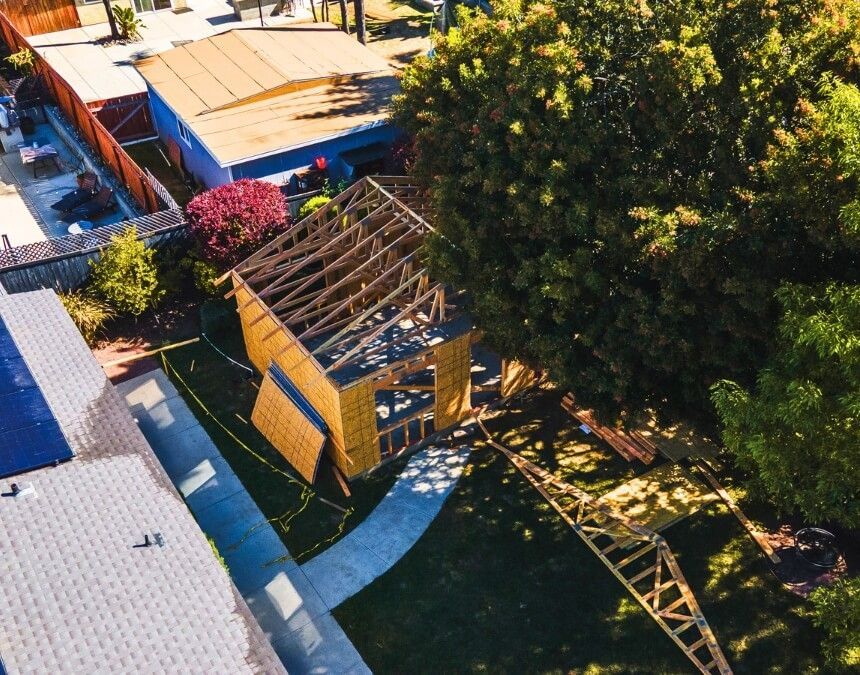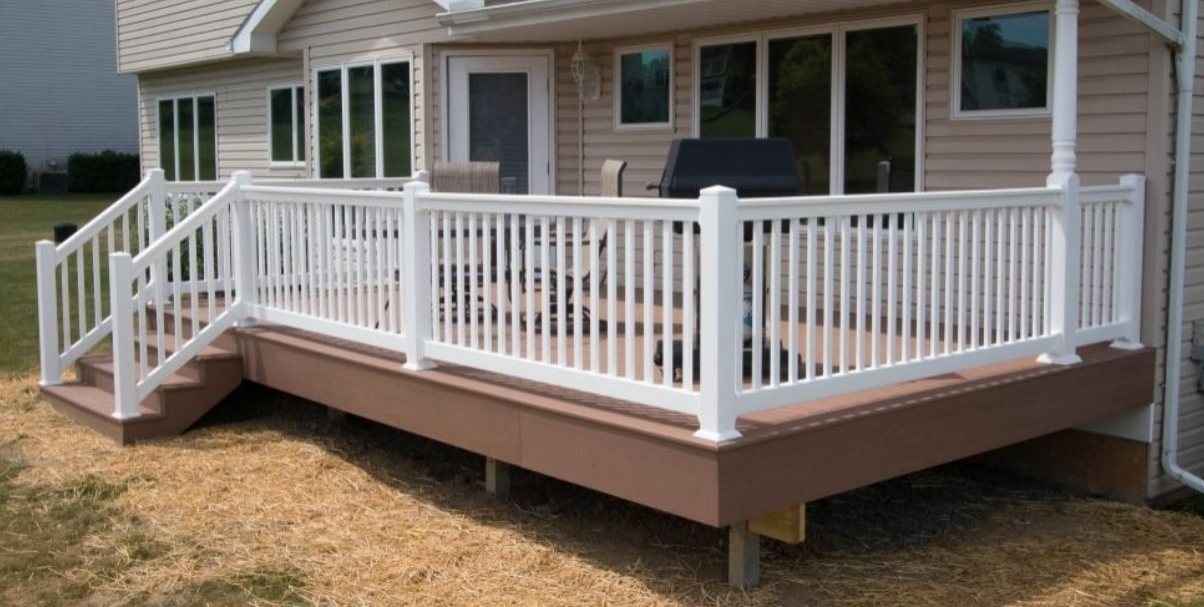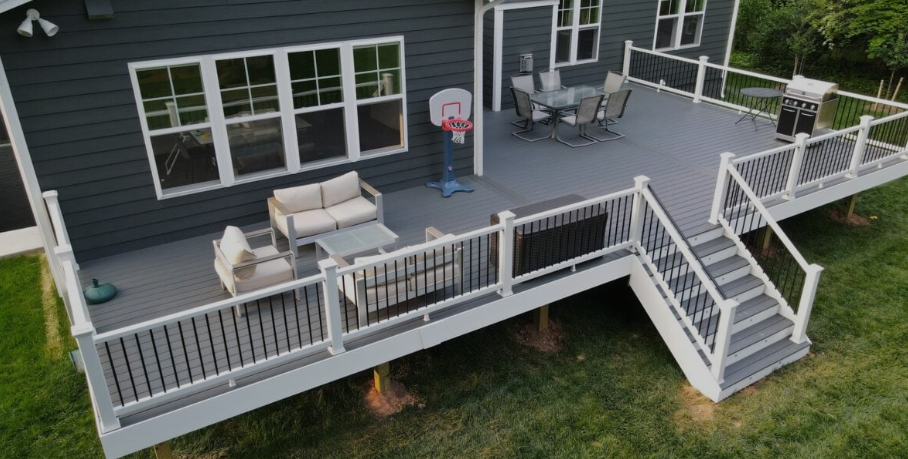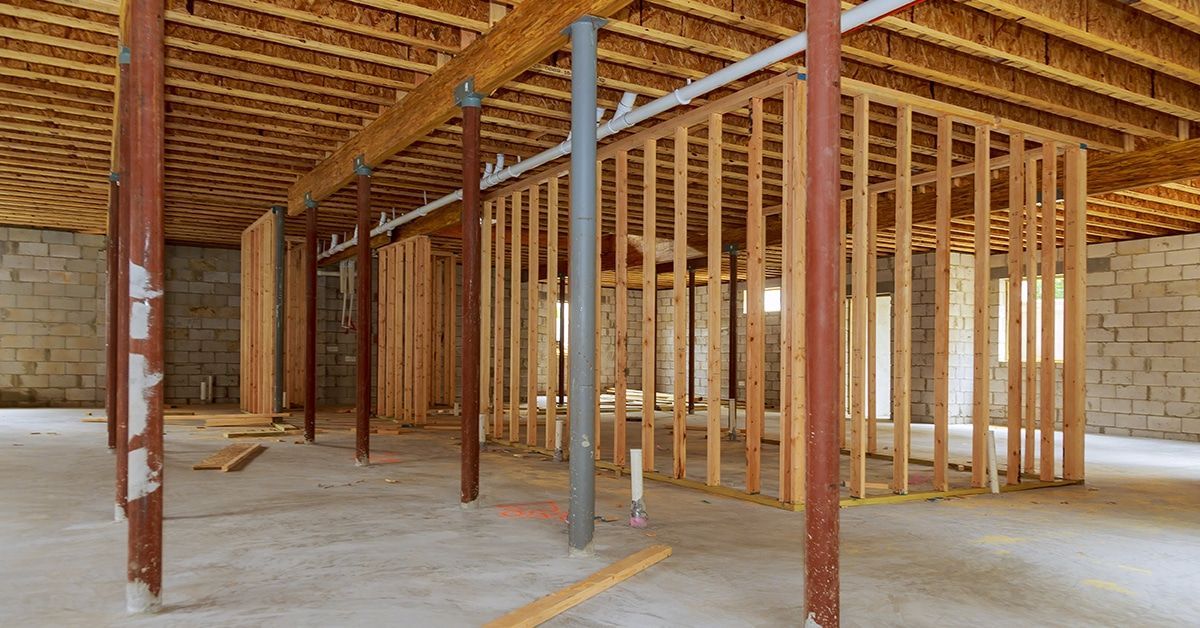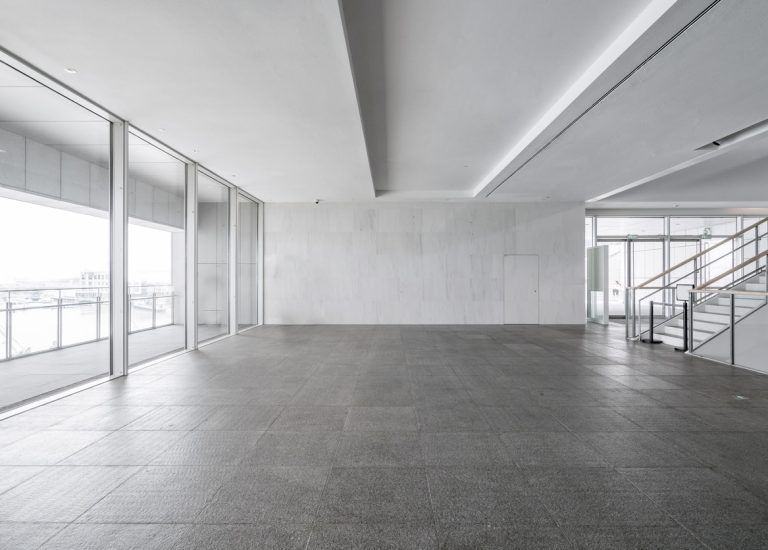Can You Excavate During Winter in Rhode Island?
Yes, you can excavate during winter in Rhode Island, but it requires specialized equipment, proper planning, and experienced contractors who understand the unique challenges of cold-weather construction. Winter excavation in the Ocean State presents distinct obstacles that demand professional expertise and strategic approaches to ensure project success.
Understanding Rhode Island's Winter Excavation Challenges
Rhode Island's winter conditions create several excavation challenges that contractors must navigate carefully. The state's coastal location moderates temperatures compared to inland New England, but frozen ground, snow cover, and wet conditions still impact construction timelines and methods.
Key Winter Excavation Challenges in Rhode Island:
- Frost depth penetration - Frost can reach depths of 40 inches statewide (30 inches in New Shoreham)
- Ground freezing - Surface soil freezes, making excavation difficult without proper equipment
- Weather delays - Snow, ice, and storms can halt operations temporarily
- Daylight limitations - Shorter days reduce working hours
- Equipment performance - Cold temperatures affect machinery efficiency
- Site access - Snow and ice can limit equipment access to job sites
Rhode Island Building Code Requirements for Winter Excavation
Rhode Island Building Code addresses winter construction concerns, particularly regarding frost protection and foundation requirements. Footings shall not bear on frozen soil unless such frozen condition is of a permanent character. This regulation ensures structural integrity and prevents foundation settling.
Important Code Considerations:
- Frost depth compliance - The minimum frost depth in Rhode Island is 40″ (RISBC-2 Rhode Island State One and Two Family Dwellings, Table R301.2(1)), except for New Shoreham, which is 30″.
- Foundation protection - Footings must extend below the frost line
- Soil bearing requirements - Frozen soil conditions must be assessed before construction
- Backfill specifications - Proper materials and compaction methods required
When Winter Excavation Makes Sense in Rhode Island
Despite challenges, winter excavation can be advantageous in certain situations:
Ideal Winter Excavation Projects:
- Emergency repairs - Septic system failures, water line breaks, or foundation issues
- Scheduled construction - Projects with tight timelines that cannot wait for spring
- Site preparation - Clearing and rough grading before spring construction
- Underground utilities - Gas, water, and sewer line installations
- Foundation work - When proper frost protection measures are implemented
Projects Best Postponed Until Spring:
- Septic system installations - Soil conditions and inspections are challenging in winter
- Landscaping projects - Grading and seeding work better in warmer months
- Large-scale earthwork - Extensive site development projects
- Projects requiring soil testing - Percolation tests and soil evaluations
Winter Excavation Techniques and Equipment
Professional winter excavation in Rhode Island requires specialized approaches and equipment to overcome frozen ground conditions.
Frost Removal Methods:
- Frost penetration equipment - Hydraulic hammers and frost rippers
- Ground thawing - Heating blankets and steam injection systems
- Insulation techniques - Protective coverings to prevent deeper freezing
- Mechanical removal - Specialized excavators with frost-cutting attachments
Essential Winter Equipment:
- Cold-weather hydraulics - Equipment rated for sub-zero operation
- Heated fuel systems - Prevents diesel fuel gelling
- Traction aids - Chains, tracks, and cleats for equipment mobility
- Lighting systems - Extended work capability during short winter days
Cost Considerations for Winter Excavation
Winter excavation typically costs 15-30% more than summer projects due to additional challenges and equipment requirements. However, emergency situations often necessitate immediate action regardless of season.
Factors Affecting Winter Costs:
- Equipment mobilization - Specialized cold-weather machinery
- Labor productivity - Reduced efficiency in harsh conditions
- Material costs - Higher prices for winter-grade materials
- Heating expenses - Ground thawing and workspace heating
- Weather delays - Potential schedule extensions
Cost-Saving Strategies:
- Advance planning - Schedule work during milder winter periods
- Site preparation - Clear snow and ice before crew arrival
- Insulation - Protect excavated areas from re-freezing
- Flexible scheduling - Work around weather windows
Safety Considerations for Winter Excavation
Winter excavation requires enhanced safety protocols to protect workers and ensure project success.
Critical Safety Measures:
- Slip and fall prevention - Ice removal and traction surfaces
- Hypothermia protection - Proper clothing and warming stations
- Equipment safety - Cold-weather maintenance and inspections
- Emergency preparedness - Medical response plans for remote sites
- Visibility enhancement - Adequate lighting and reflective materials
Rhode Island Municipal Considerations
Different Rhode Island municipalities may have varying regulations regarding winter construction activities. Common considerations include:
Local Permit Requirements:
- Warwick - May restrict certain excavation activities during storm events
- Providence - Requires additional safety measures for winter work
- Newport - Coastal zone regulations may affect winter projects
- Cranston - Noise ordinances may limit winter working hours
Environmental Factors in Rhode Island Winter Excavation
Rhode Island's environmental regulations remain in effect during winter months, requiring careful attention to:
Environmental Protections:
- Wetland preservation - Frozen wetlands still require protection
- Groundwater monitoring - Winter conditions can affect water table levels
- Erosion control - Snow and ice management to prevent runoff
- Wildlife protection - Migratory bird season considerations
Planning Your Winter Excavation Project
Successful winter excavation projects require comprehensive planning and realistic expectations about timelines and costs.
Pre-Project Planning Steps:
- Site assessment - Evaluate soil conditions and frost depth
- Permit acquisition - Obtain necessary permits before winter weather
- Equipment scheduling - Reserve specialized winter equipment early
- Weather monitoring - Track forecasts for optimal work windows
- Contingency planning - Prepare for weather-related delays
Timeline Considerations:
- December-February - Most challenging period with deepest frost
- March - Transitional period with potential for muddy conditions
- November - Often ideal for winter projects before deep frost sets in
Alternative Solutions to Winter Excavation
In some cases, alternative approaches may be more practical than winter excavation:
Temporary Solutions:
- Emergency repairs - Temporary fixes until spring permits full excavation
- Portable systems - Temporary septic or water systems
- Protective measures - Insulation and covering to prevent further damage
- Staged construction - Partial work completion with spring finishing
Frequently Asked Questions About Winter Excavation in Rhode Island
Q: Can septic systems be installed in winter in Rhode Island? A: While possible, septic installations are challenging in winter due to frozen ground, difficult soil testing, and inspection requirements. Emergency repairs are more common than new installations.
Q: How deep does frost penetrate in Rhode Island? A: Frost typically reaches 40 inches deep across most of Rhode Island, with New Shoreham experiencing 30 inches due to coastal moderation.
Q: Is winter excavation more expensive in Rhode Island? A: Yes, winter excavation typically costs 15-30% more due to specialized equipment, reduced productivity, and additional safety requirements.
Q: What's the best time for winter excavation in Rhode Island? A: Early winter (November-December) and late winter (March) often provide the best conditions before deep frost sets in or after it begins to thaw.
Q: Do I need special permits for winter excavation? A: Standard permits are required, but some municipalities may have additional winter-specific requirements or restrictions.
Facing an excavation emergency this winter? Rockhouse Construction has the specialized equipment and expertise to handle winter excavation projects throughout Rhode Island. Our experienced team understands local frost conditions, building codes, and safety requirements to get your project done right, even in challenging winter weather. Contact us today for emergency excavation services and winter construction solutions.
